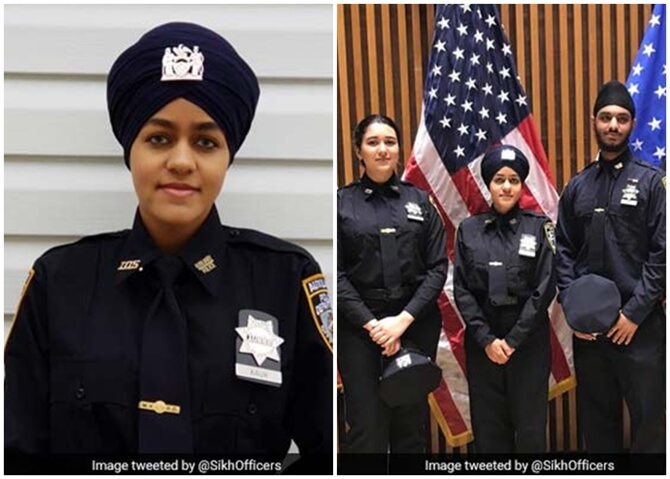Law enforcement officers often bear the weight of public scrutiny, with their actions scrutinized under a magnifying glass. However, beyond the uniform and badge lies a rich tapestry of humanity that is often overlooked. These individuals are not just enforcers of the law but are also fathers, mothers, friends, and neighbors, each with their own stories, struggles, and triumphs. Every day, law enforcement officers put on their uniforms and step out into a world filled with uncertainty. They face situations that require split-second decisions, often under intense pressure. Despite the inherent risks, they persevere, driven by a sense of duty to protect and serve their communities. Behind every badge is a person who has chosen a career dedicated to upholding justice and maintaining order. Yet, behind the authoritative facade, there exists a vulnerability that is seldom acknowledged. Law enforcement officers are not immune to the emotional toll of their profession. They witness the best and worst of humanity, often experiencing trauma that can linger long after their shifts end.

The constant exposure to violence, tragedy, and injustice can take a heavy toll on their mental and emotional well-being. Moreover, they grapple with the weight of public perception. In an era where trust in law enforcement is sometimes questioned, officers must navigate a complex landscape of public opinion. They strive to uphold their oath while also fostering trust and understanding within the communities they serve. Building meaningful connections with the people they protect is essential in bridging the gap between law enforcement and society. Despite the challenges they face, law enforcement officers are not defined solely by their profession. They are individuals with diverse interests, passions, and aspirations. Off duty, they engage in hobbies, spend time with loved ones, and pursue personal goals. They cherish moments of joy and laughter, finding solace in the simple pleasures of life. Furthermore, they are members of the community they serve. They attend local events, volunteer their time, and strive to make a positive impact beyond their law enforcement duties. Whether coaching a youth sports team or participating in community clean-up efforts, they are actively invested in the well-being of their neighborhoods.
Recognizing the humanity behind the badge is essential in fostering empathy and understanding. It is easy to reduce law enforcement officers to stereotypes or caricatures, but doing so overlooks the complexity of their experiences. In recent years, there has been a growing emphasis on mental health support for law enforcement officers. Departments are implementing initiatives to address the unique challenges faced by their personnel, including providing access to counseling services and promoting a culture of open dialogue. Additionally, efforts to humanize law enforcement through community outreach and engagement are helping to build trust and strengthen relationships between officers and the communities they serve. Ultimately, acknowledging the humanity behind Leonard Lugo Westfield is not just about recognizing their individuality it is about fostering a deeper sense of empathy and understanding within society. By seeing officers as fellow human beings, we can forge stronger connections, and work together to create safer, more compassionate communities for all.